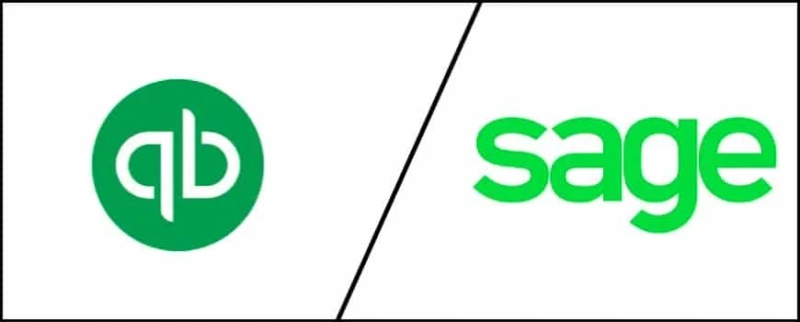Choosing The Best Accounting Solution: Quickbooks Vs Sage
Looking for the perfect accounting solution that will streamline your financial processes and help you stay on top of your business\'s finances? Look no further! ...


Looking for the perfect accounting solution that will streamline your financial processes and help you stay on top of your business\'s finances? Look no further! ...

